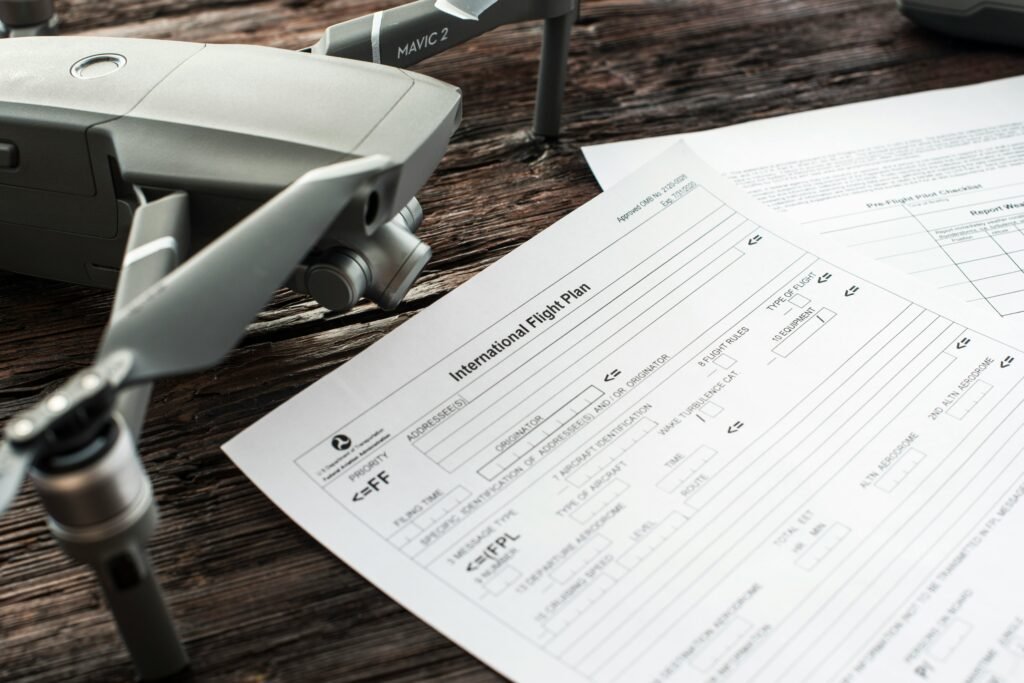Australia’s top financial intelligence agency has taken decisive action—AUSTRAC Orders Binance Australia Audit—which could reshape crypto compliance in the country. On the heels of repeated controversies, AUSTRAC’s regulatory enforcement aims to scrutinize whether Binance Australia’s anti-money laundering (AML) and counter-terrorism financing (CTF) controls are fit for purpose. Here’s what’s happening, why it matters, and what you should watch out for as a crypto investor or industry watcher.
Understanding AUSTRAC’s audit order for Binance Australia
AUSTRAC’s directive is clear: Binance Australia must appoint an approved external auditor within 28 days. This regulatory audit is not a minor procedural check—it’s a comprehensive probe into Binance Australia’s compliance systems, local governance, and risk management posture. AUSTRAC took this step after identifying serious weaknesses that leave the crypto exchange vulnerable to money laundering and terrorism financing risks.
Why compliance systems in crypto matter more than ever
AUSTRAC’s order doesn’t come out of the blue. Binance Australia, known locally as Investbybit Pty Ltd, has been under scrutiny since early 2023. Misclassifying 500 retail clients as wholesale investors triggered ASIC’s legal actions, leading to the loss of Binance Australia’s derivatives license in April 2024. This history illustrates why robust AML and CTF compliance systems are non-negotiable for any crypto exchange, especially one operating on an international scale.
How regulatory audits shape the crypto exchange landscape
This regulatory audit is a stark reminder: local governance and internal oversight are critical for crypto operations. AUSTRAC flagged Binance Australia for an inadequate independent review, staff turnover, and insufficient localized management. The audit will rigorously assess all these aspects to ensure the crypto exchange aligns with Australia’s strict laws. Recent action against other platforms—like Kraken and Bitget—signals that Australian regulators are tightening compliance expectations across the sector.
The role of local governance in curbing money laundering
Effective local governance is at the heart of the current enforcement push. AUSTRAC emphasizes that without granular, on-the-ground oversight, large crypto exchanges like Binance Australia expose themselves (and the wider financial ecosystem) to significant money laundering risks. By forcing a regulatory audit, authorities seek to raise the bar for AML and CTF supervision, making it clear that superficial measures won’t cut it.
What this means for the future of Binance Australia
As Binance Australia works to satisfy AUSTRAC’s requirements, the outcome of the audit will likely dictate its ability to continue operating seamlessly within the country. If deficiencies in compliance systems or governance aren’t resolved, further sanctions or operational limits could follow. For crypto exchanges at large, this move sets a precedent: strong, transparent regulatory alignment is no longer optional.
Crypto community reaction and investor impact
Crypto investors and insiders are watching AUSTRAC’s enforcement with keen interest. The order affects not just Binance Australia, but also signals heightened oversight for all large crypto exchanges trading in Australia. As the regulatory landscape evolves, robust compliance frameworks and timely audits will become standard, impacting customer trust and market dynamics.
Frequently asked questions about AUSTRAC orders Binance Australia audit (FAQ)
Why did AUSTRAC order an audit of Binance Australia?
AUSTRAC identified significant weaknesses in Binance Australia’s AML and CTF controls, governance, and oversight, exposing the platform to risks involving illicit money flows.
What happens if Binance Australia fails the audit?
If the audit uncovers unresolved compliance gaps, Binance Australia could face further regulatory actions such as fines, operational restrictions, or even license cancellations.
How long does Binance Australia have to comply with AUSTRAC’s directive?
Binance Australia must appoint an AUSTRAC-approved independent auditor within 28 days and cooperate fully throughout the audit process.
Are other crypto exchanges in Australia under similar scrutiny?
Yes, other exchanges like Kraken and Bitget have also faced recent fines and warnings, reflecting an industry-wide compliance crackdown.
How will this audit affect Australian crypto users?
While audits may temporarily increase compliance checks or reduce product offerings, they ultimately protect consumers and the broader financial system from criminal activity.
Sources to this article
1. AUSTRAC (2025), “AUSTRAC orders external audit of Binance Australia,” [Press release].
2. ASIC (2024), “ASIC takes action against Binance Australia,” Australian Securities and Investments Commission.
3. Agadi, M. (2025), “Expert Commentary: The Importance of Strong AML in Australian Crypto.” Fact Protocol.
4. Thomas, B. (2025), “AUSTRAC and Crypto: Raising the Compliance Bar,” Public remarks, August 2025.



